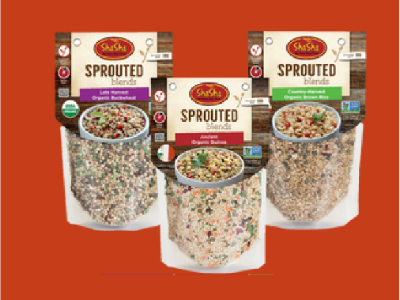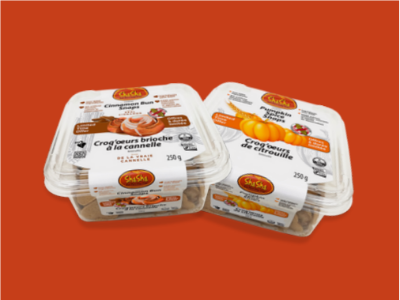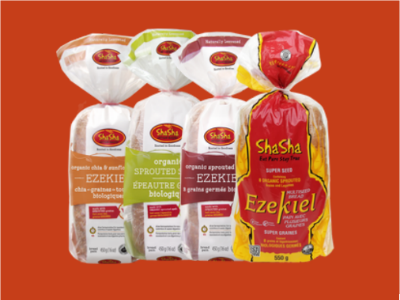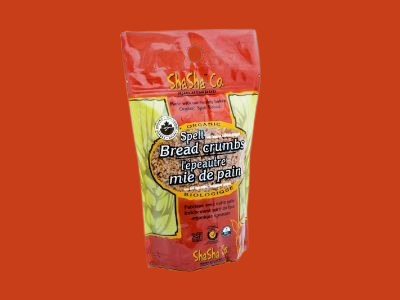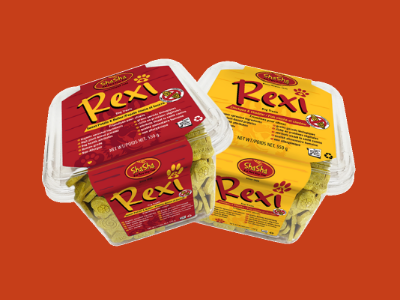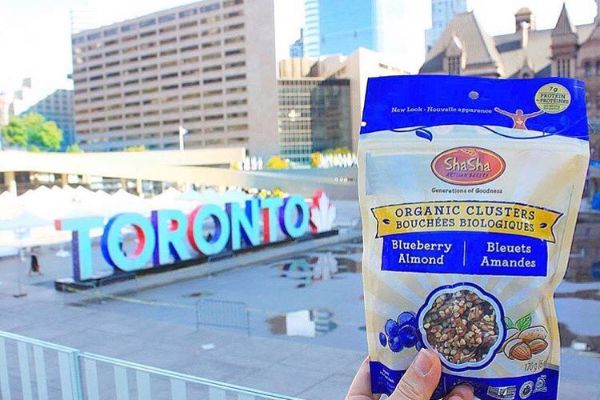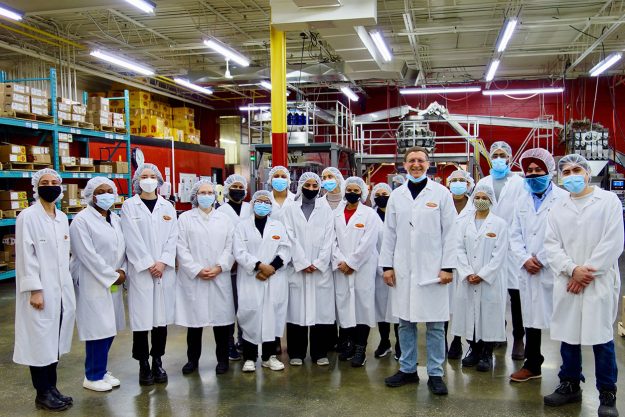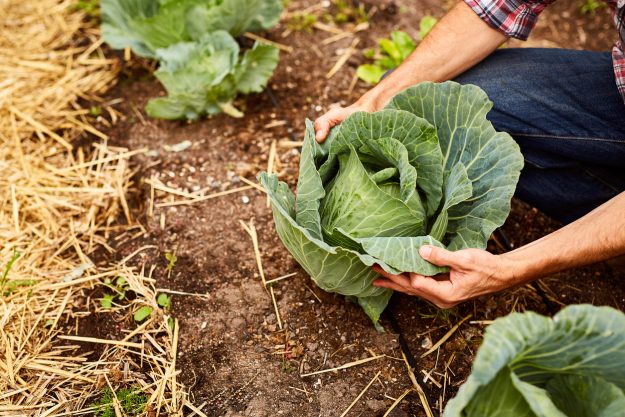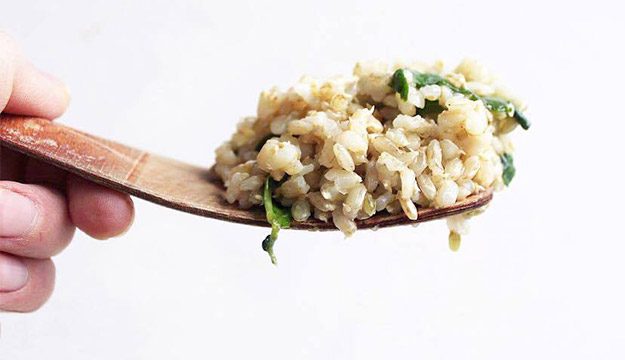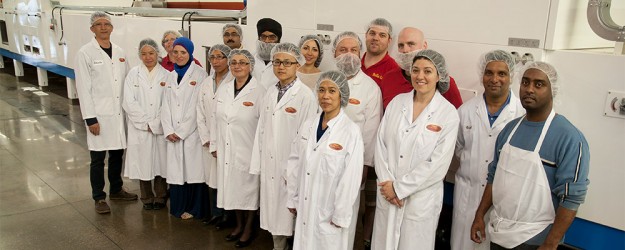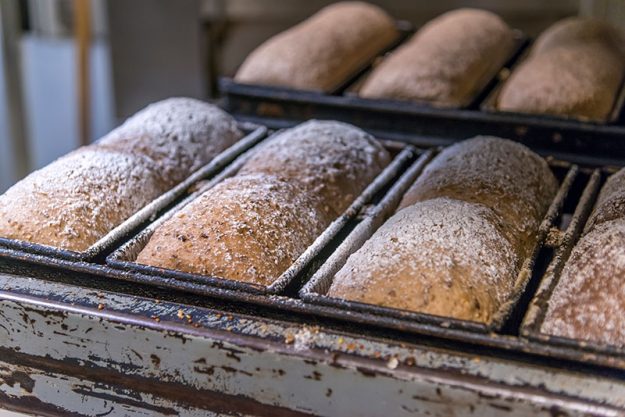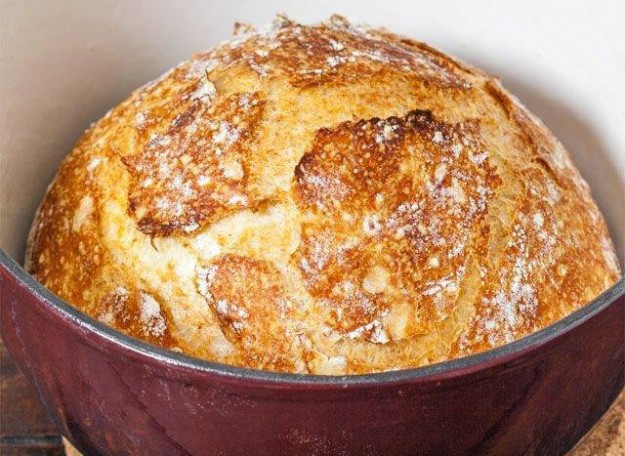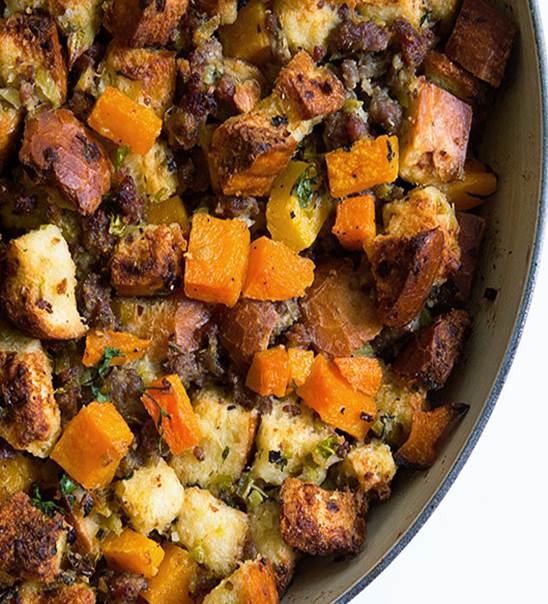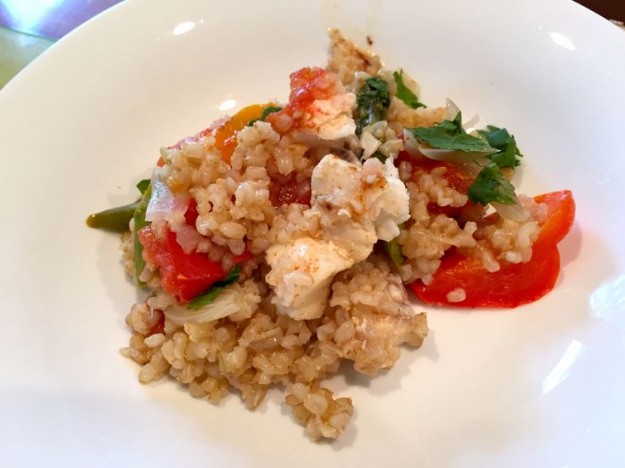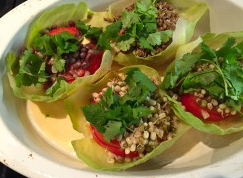What does it take to craft a really exceptional loaf of bread? Time, patience and natural, organic ingredients. You see, real bread is not something you can bake in 45 minutes using commercial yeast and chemical additives and preservatives. Real artisanal bread takes time, organic ingredients and a whole lot of love. And, when bread is made from natural ingredients, it does go off after a week or so. If your bread doesn’t, you should be asking yourself: “If mold won’t eat it, should I?”
Longest Living Loaves
In Karen Hanrahan’s office sits a McDonald’s burger that has been the center of much speculation. You see, the burger was bought in 1996 and it still looks exactly the same as it did then. This is the world’s most hotly disputed burger as supporters question the experiment’s validity and detractors use it to outline why fast food is bad for us. Seriously, nothing should last that long.
So sure, perhaps in a post-apocalyptic world, you will be overjoyed that your fast food burger buns and Twinkies have survived pandemics, nuclear holocausts and zombie revolutions. But until then, you should be eating natural foods that go bad; just like Mother Nature intended.
We’ve left it in its original packaging on our windowsill since February 4th 2015. And it’s still pristine. No mold. No fungus. Nothing. Don’t believe us? Check out our bread cam and you can take a real-time look at just what is going on with that loaf.
Preservatives: A Beginner’s Guide
Preservatives are added to food to prevent unwanted chemical reactions and fungal or bacterial growth. Class 1 preservatives are natural substances like citric acid, salt, sugar and vinegar. Class 2 preservatives are synthetic chemicals created as anti-enzymatics, anti-oxidants and antimicrobials. These include the benzoates, nitrates, sorbates, sodium and potassium nitrates, sulfites, glycerides and glutamates.
Harmful effects of Preservatives
Studies show that preservatives can cause difficulty breathing and severe to fatal reactions in about 5% of asthma sufferers. A 2003 study of 1,873 children found a connection between hyperactivity and preservatives.
When preservatives enter the digestive system, they transform into carcinogens as nitrosamines (including nitrites and nitrates) interact with stomach and gastric acids to form cancer-causing agents. These preservatives are allowed in food as it is estimated that the danger of contracting botulism is greater than the risk of cancer.
What should I be Eating?
Food labels don’t tell you the whole truth as there are many chemicals that they don’t, by law, need to declare . With breads, additional chemicals such as ‘processing aids’ are not listed on labels.
The solution is to eat foods that are as close to natural ingredients as possible; the less they have been processed the better. Opt for 100% organic foods and ingredients wherever possible and try to stick to natural preservatives like salt, lemon juice (citric acid), rosemary extract, vinegar and salt.
Only natural, organic ingredients go into a Shasha organic bread dough. We use sprouted whole grains and traditional artisanal sourdough baking methods which take a lot longer, but in our experience, everything worth doing is worth doing properly. The unique combination of bacteria and fungus used in ShaSha’s Sourdough techniques have existed for thousands of years. It’s a wholesome process, with clean raw materials, a great nutritional profile, and a unique aroma and texture.

